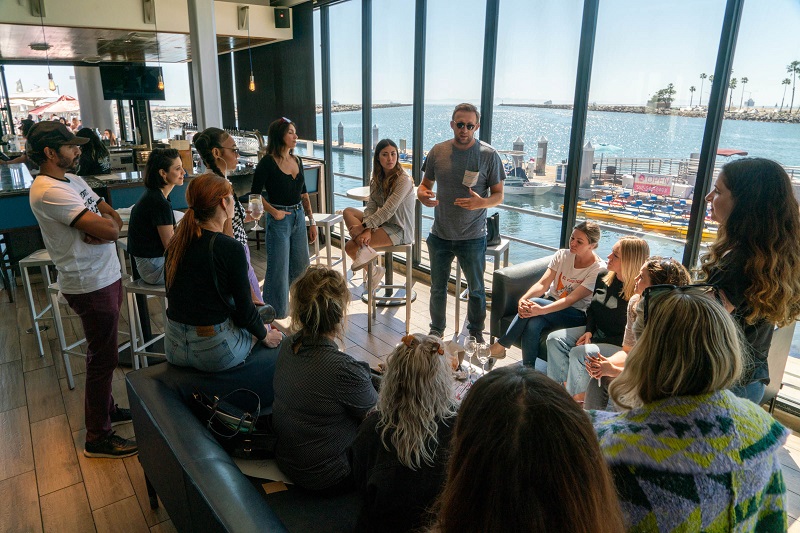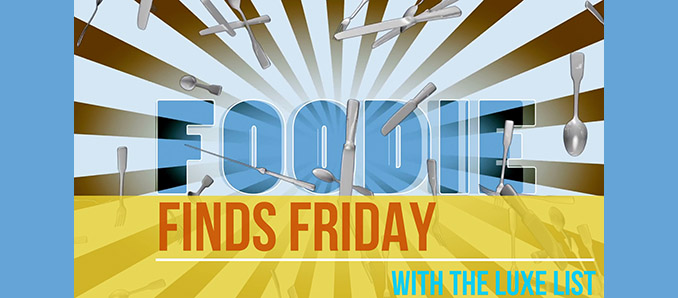While alcohol plays a significant role in American culture, cannabis has largely been left out of mainstream commercial markets due to federal illegalities and widespread prejudice. However, a major cultural shift is underway with the growing number of legal state cannabis markets and looming federal legalization. Recent projections suggest the global cannabis industry will surpass $61 billion by 2026.
The modern consumer is also more health conscious, and with the increased availability of legal cannabis, many are replacing alcoholic beverages with the plant. Additionally, there has been a reported decrease in alcohol consumption since the 1980s, and many now believe cannabis is safer than alcohol. This belief is especially prevalent among younger generations, a factor that could be incredibly impactful for the alcohol industry.
These trends are not lost on Jason Vegotsky, CEO of Petalfast, a route-through-market platform for the cannabis industry, who sees a window of opportunity for alcohol companies to enter the cannabis market. With a background in the wine, spirits, and food industries, which includes founding and selling beef jerky company Lawless Jerky, Vegotsky took the business model from the food space and applied wine and spirits go-to-market principles. Petalfast is disrupting the California cannabis market by becoming the first to implement a traditional three-tier distribution model similar to alcohol.
“By using this distribution model, where brands and products are sold by producers to a distributor or wholesaler, and then to a retailer, we are providing established alcohol companies the ability to employ familiar strategies and more easily launch and scale brands within the cannabis industry,” said Vegotsky.
Vegotsky believes alcohol companies can have a particularly large impact on the rapidly growing cannabis-infused beverage category, which is expected to reach $2 billion by 2026. “Cannabis companies are already recruiting top talent from alcohol to develop their brands,” he says, citing the industry’s expertise in navigating state and federal regulations and its high-level brand-building and marketing playbooks.
Unique barriers for cannabis brands include various advertising bans, which is why Petalfast focuses on retail, getting products into stores and in places where a consumer can learn and connect with a brand. In California, the company deploys 18 salespersons and 75 brand ambassadors to dispensaries to conduct demos and staff training.
“The high level of brand loyalty in wine and spirits does not exist in today’s cannabis industry,” Vegotsky explained. “Consumers are still on a journey figuring out what’s out there and what their preferences are.”
According to Vegotsky, establishing bonds with budtenders, the dispensary professionals servicing customers, is a pivotal component of Petalfast’s program. “Budtenders play a central role in relaying a brand’s story and recommending products, so authentic relationships where they can really understand and appreciate brand messages are crucial.”
The cannabis industry is evolving quickly nationwide, which is why Vegotsky says Petalfast is expanding into Michigan and Massachusetts – to help cannabis brands achieve rapid growth in the competitive East Coast markets. “Every supplier and distributor is searching for their niche, and capital alone won’t win that battle,” he says.
“Brand building in this space requires deeply understanding the intricacies of the consumer and the overall culture, and that all takes time. That’s why it’s so important to jump into this multibillion-dollar industry now.”
Read more: Four Nights, Seven Deadly Sins – Food & Beverage Magazine






